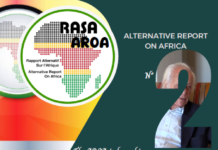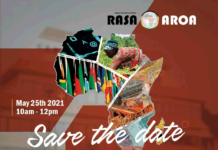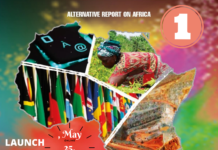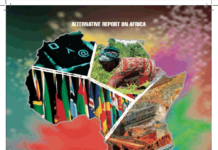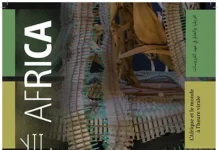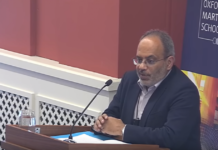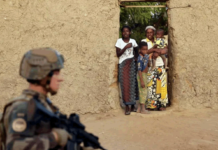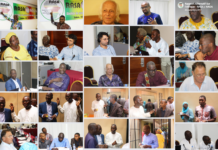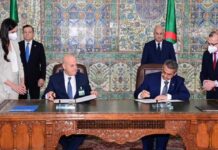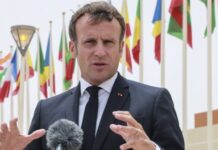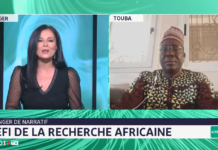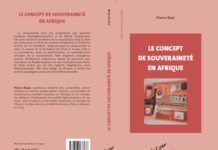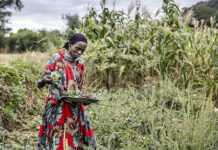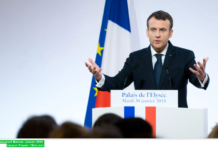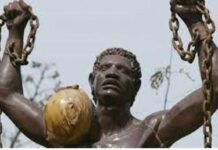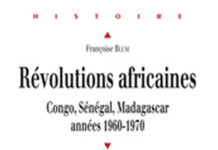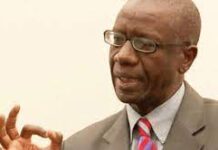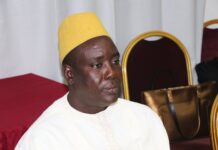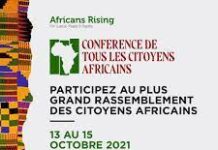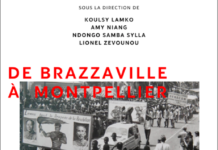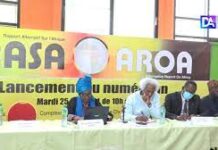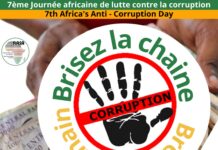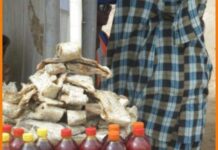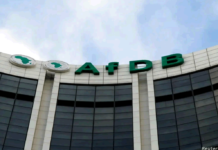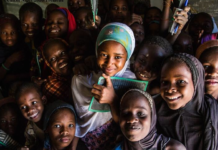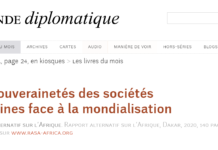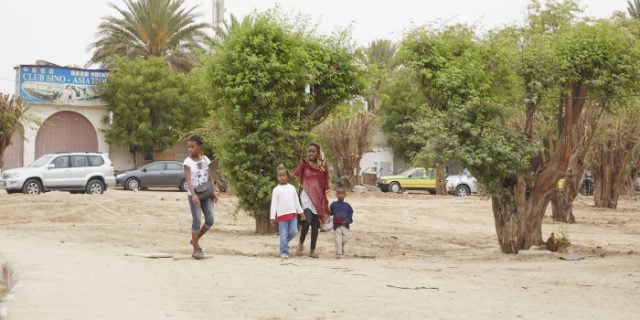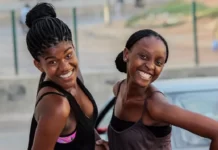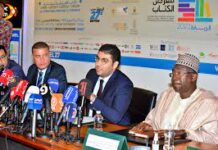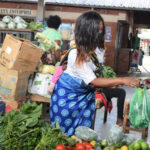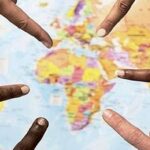At almost 60 years old, the capital still looks like a little girl to hold hands with. Dresses to adjust, steps to ensure, language to watch. A shaggy head.
Nouakchott (« where the wind blows », in Berber) still seems to be straight out of the wasteland between the sea and the emerging desert, which was chosen because it was far from the annexation ambitions of the neighbors of the vast sandy land that is Mauritania. Neither Nouadhibou, close to the Cherifian kingdom, nor Rosso, nor Kaédi, on the bank of the Senegal River, were reassuring. In 1957, the vice-president of the Government Council, Moktar Ould Daddah (who would become the country’s first president in 1960), decided to make what was then a town of 500 inhabitants into a capital.
Designed to accommodate a few hundred additional inhabitants per year, the city already had 8,000 inhabitants in 1980. Today, it has 950,000, or a third of the country’s population. A succession of events has upset the forecasts. The nationalization of the iron mines in 1974, the war in the Western Sahara in 1975 and, above all, the severe drought of 1970 to 1978: families fleeing the parched pastures and the fighting found refuge in the young capital – and food, thanks to fishing. Thirty years of uncontrolled urbanization followed, during which « gazras » (illegal, undeveloped areas of occupation) and their tin shacks multiplied.
Today, the capital is much better off. It has infrastructure: a drinking water network, tarred roads, traffic lights… Can we say that it is modern? Not sure. As one of the youngest capitals in the sub-region, the city could have benefited from the experience and mistakes of its elders. However, it still has a deficit in terms of sanitation. Some deplore the lack of rigor in the management of works, others the complacency that leads to carelessness and encourages the people of Nouakchott not to respect anything.
Here, one encroaches without embarrassment or sanction on the public space. One invests a piece of park to build an outbuilding, a few square meters of a roadway to set up a store. You build a garbage dump under the noses of your neighbors. You connect to the water and electricity networks illegally.
Red lights? No one stops there. The rare motorists who have this crazy idea, not content with being overtaken by their fellow citizens, are never without being greeted by a flurry of horns and insults.
Entering the world of big cities
In terms of atmosphere, the city is changing and opening up. In addition to the Camara space, the French Institute, the Moroccan and Egyptian cultural centers, new spaces have been created in almost every neighborhood by the Urban Community and the Ministry of Culture.
The people of Nouakchott are going out. On weekends, the avenues are full of people. Families relax in the parks. Women go to the hammams and hairdressing salons without waiting for a wedding or a baptism. In spite of the power cuts and the low internet speed, young people organize video parties, film their outings and exchange good tips on social networks.
The country of a million poets does not derogate from its reputation, they meet to declaim verses, say texts or slam. And when the night falls, in the restaurants and cafes of the districts of the Palace of Congress, Tevragh-Zeina and Basra, on the road to Nouadhibou, in the street of Hope and at the foot of the dunes, we remake the world around a tasty mixture of griots, rappers, poets, storytellers and musicians.
Often considered soulless because of its lack of monuments, of a real nerve center, but also because of its culture of restraint, Nouakchott is entering, at its own pace, into the lively world of « big cities ». It remains to find its code.


